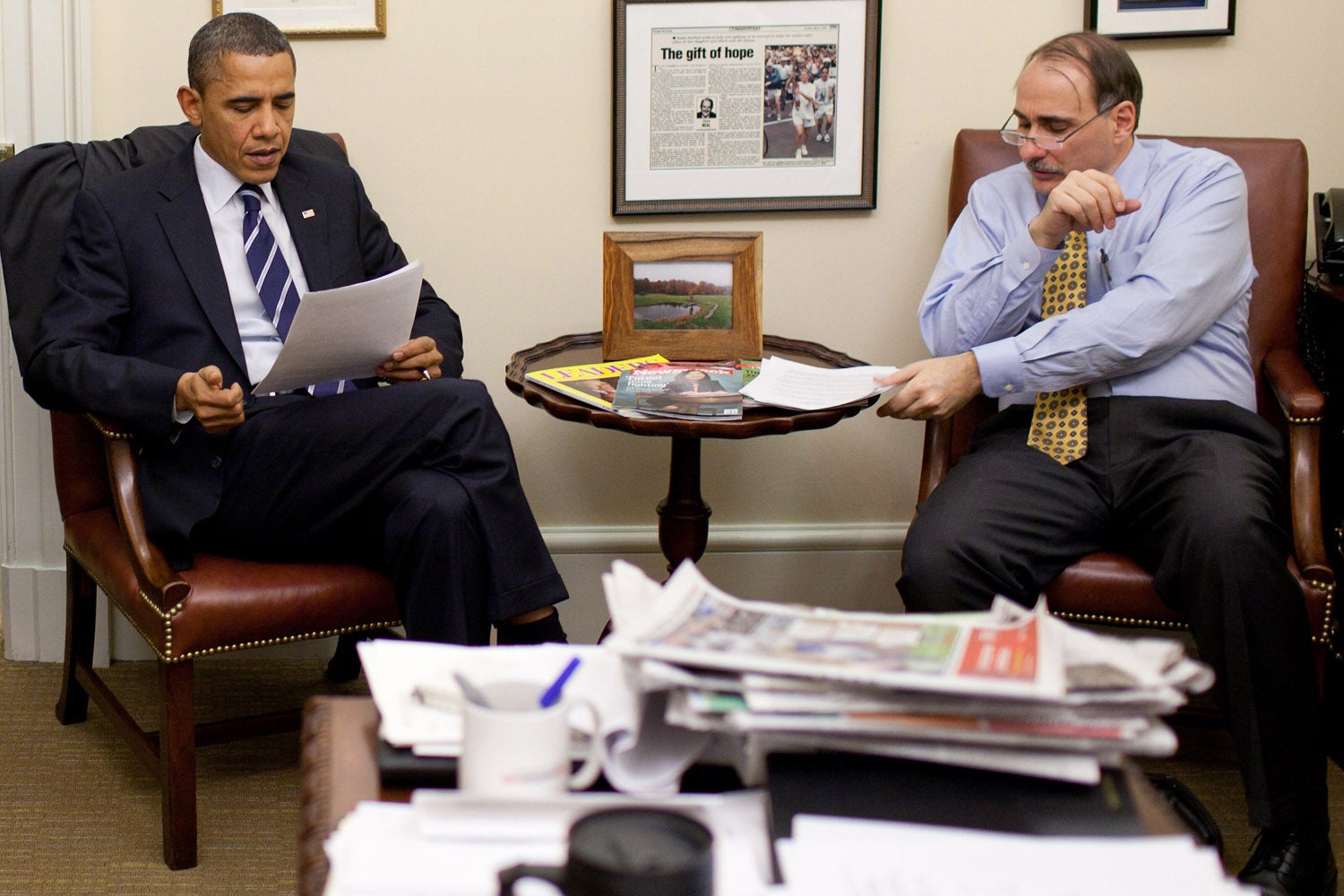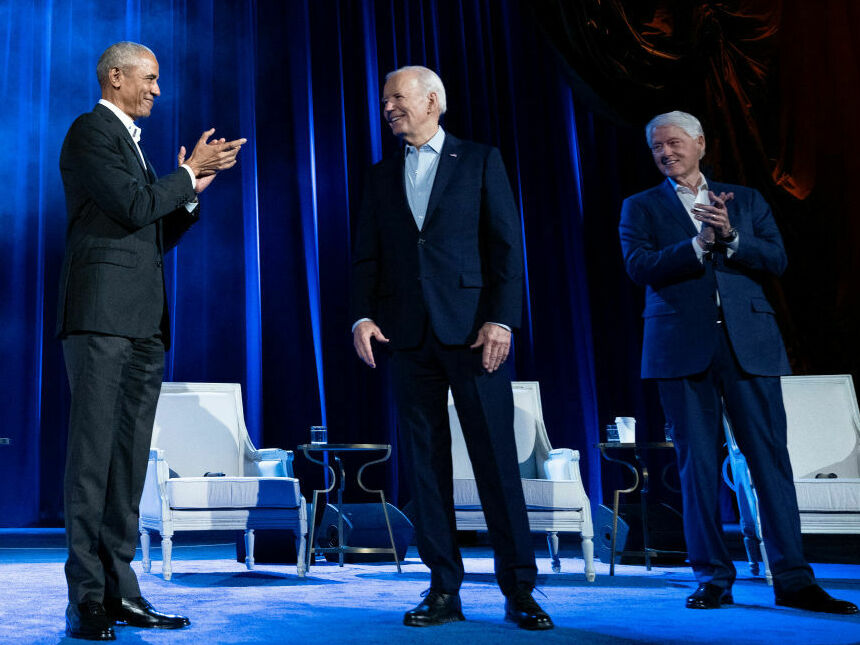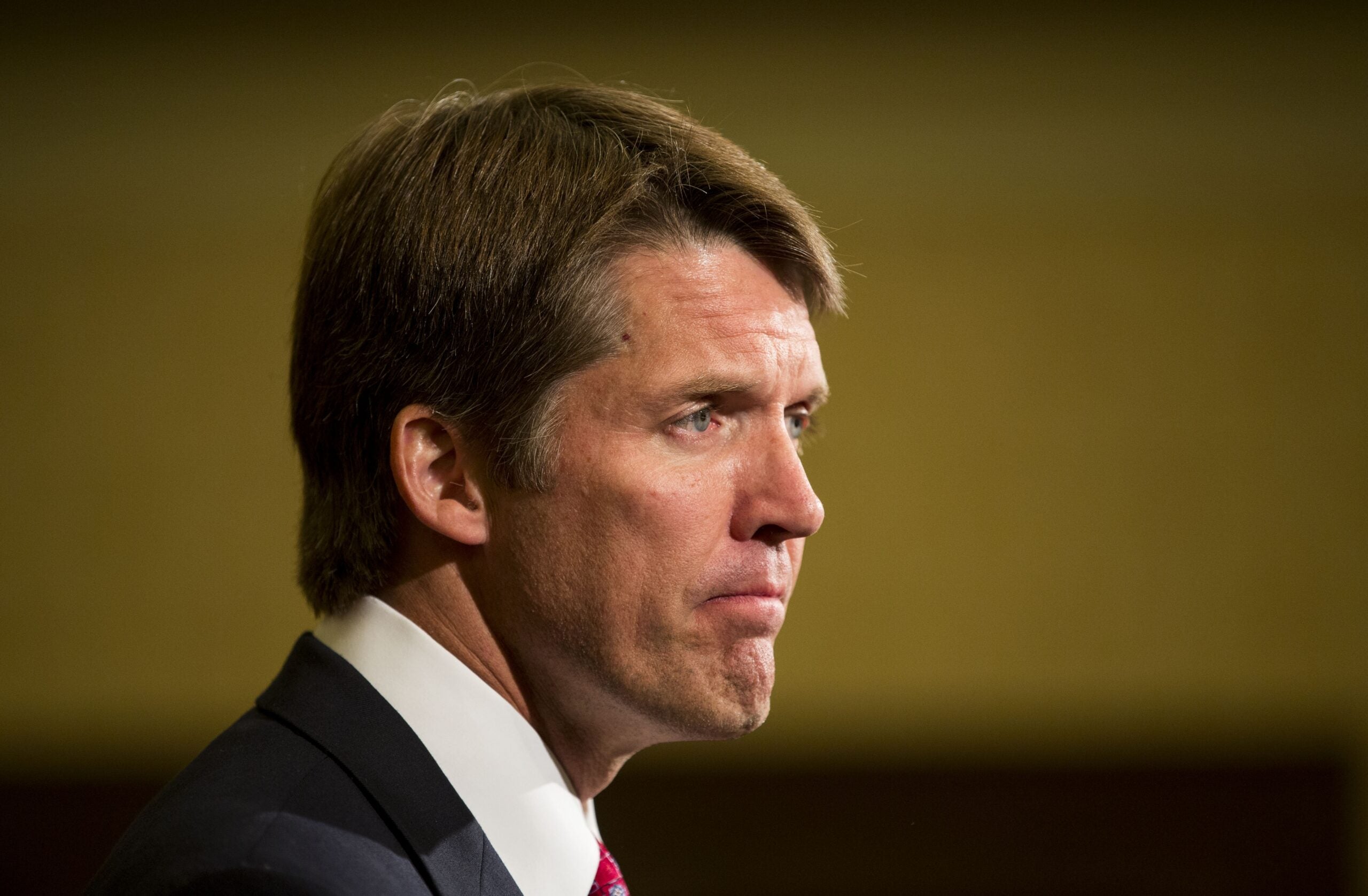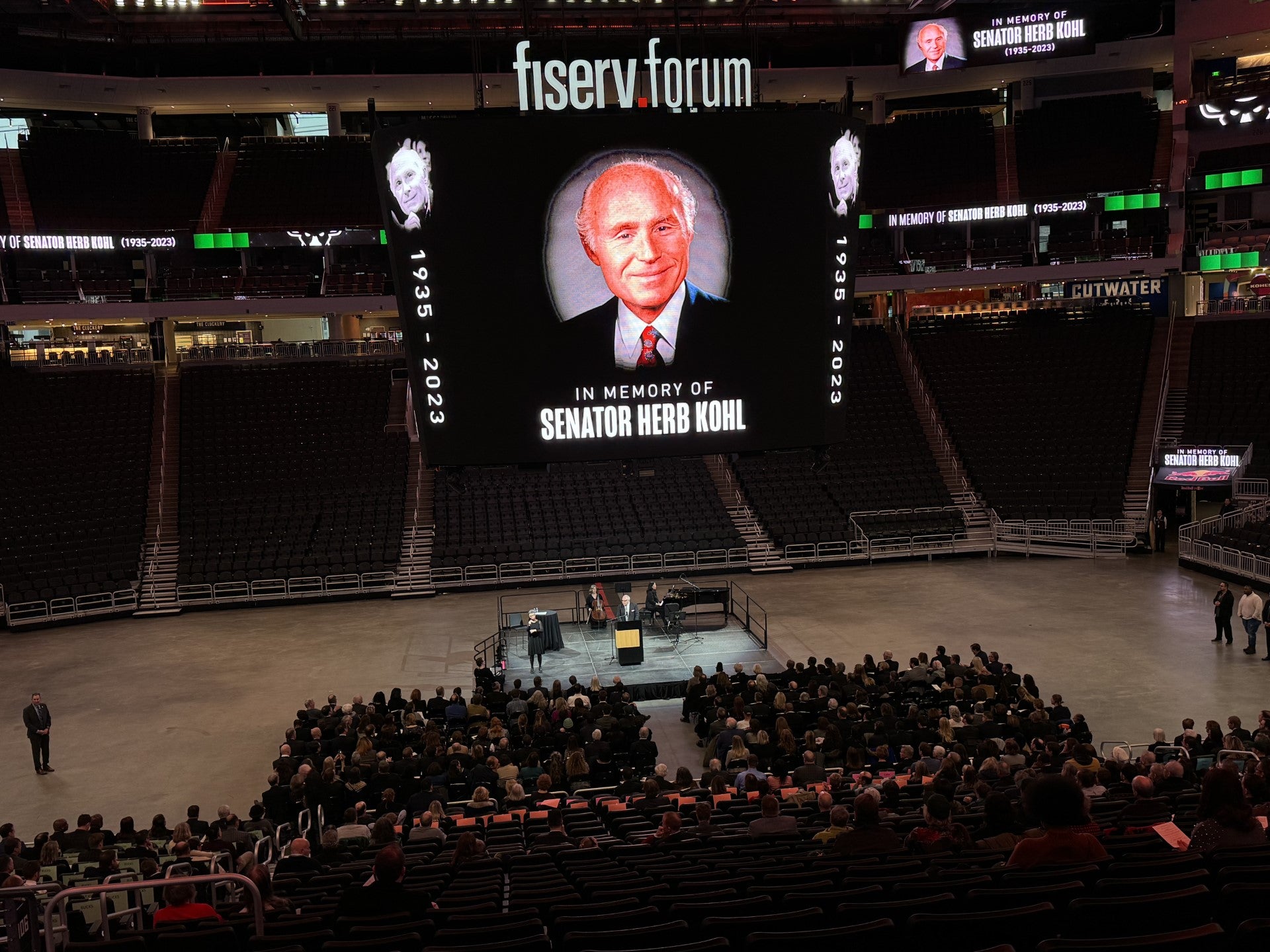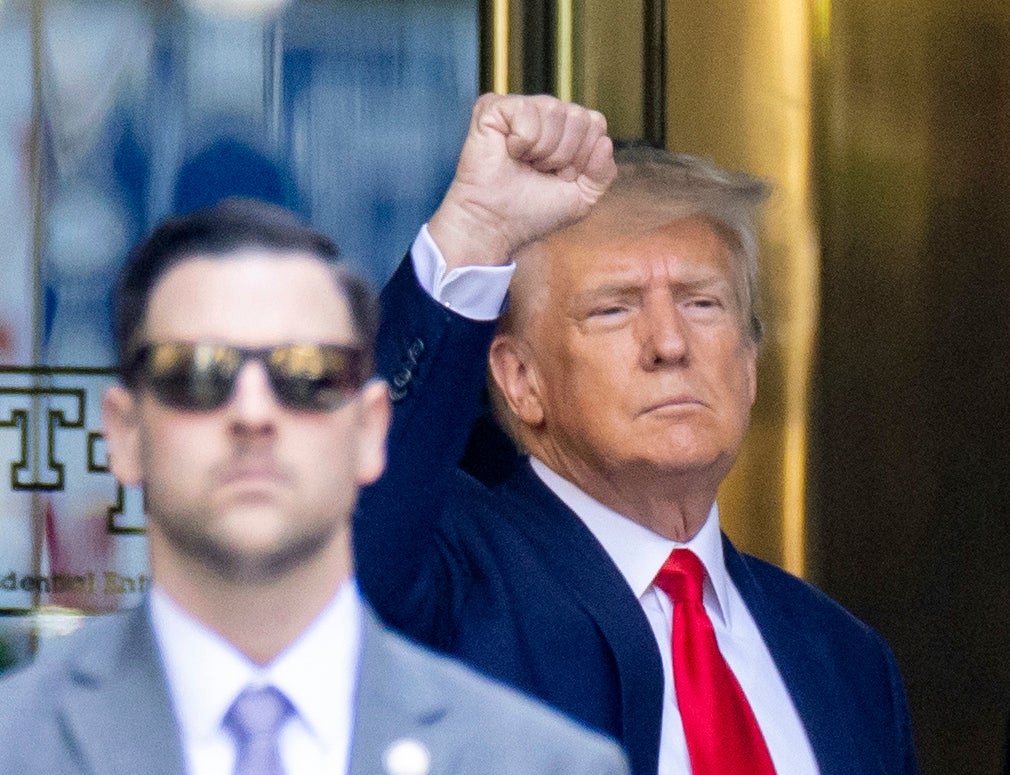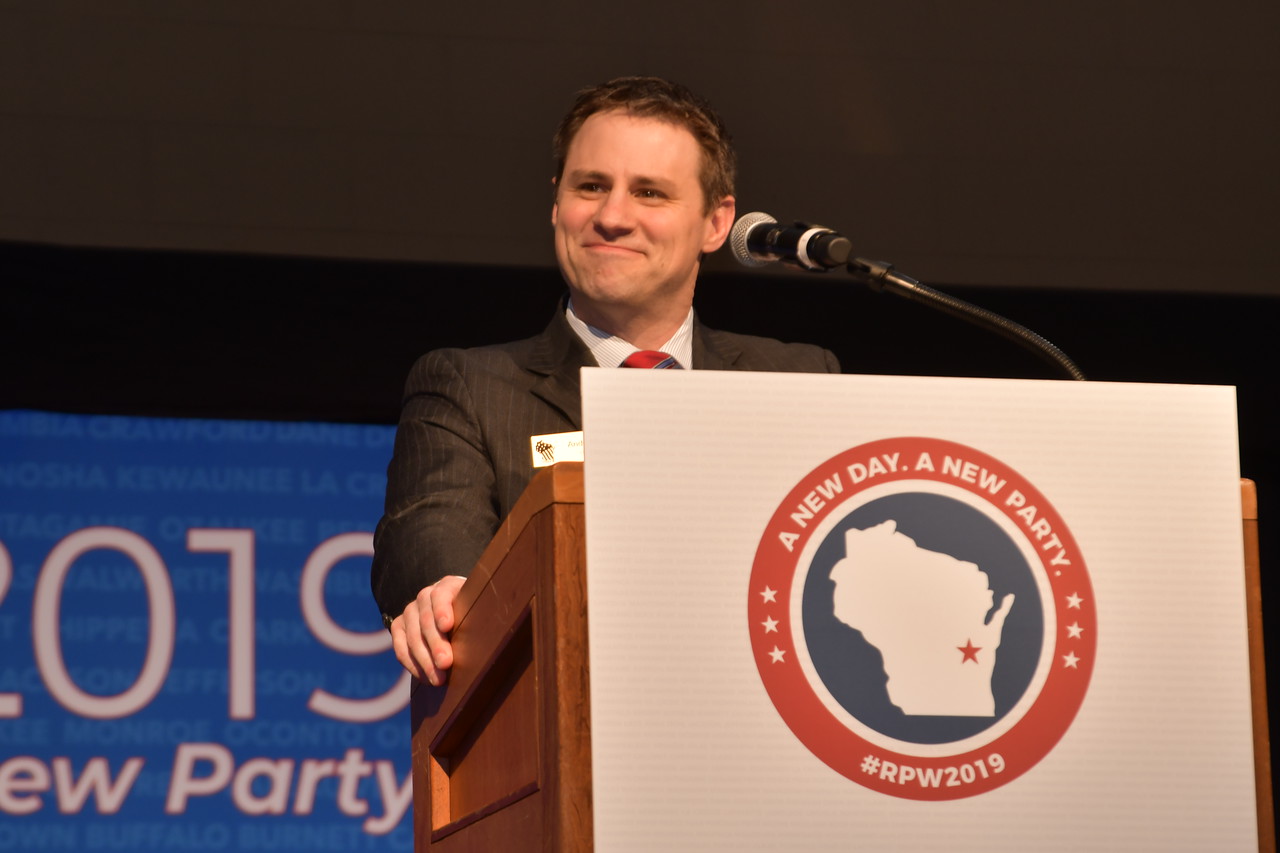What does it take to elect a president? For starters, you need a strong candidate, but you also need a well-oiled campaign.
That used to mean a staff who could make posters and come up with slogans. But now, it also means mastering social media and knowing how to interpret analytics.
Those are some of the biggest lessons from Barack Obama’s last two successful campaigns, according to Obama’s chief campaign strategist David Axelrod.
Stay informed on the latest news
Sign up for WPR’s email newsletter.
“Had it not been for social media and the technology that was emerging, Barack Obama could not have run for president,” he said.
Axelrod met Obama in 1992 when the future president was a young lawyer — 31 years old — and had just moved to Chicago to work as a community organizer. He first worked with Obama on his U.S. Senate campaign in 2004, when he coined Obama’s signature campaign slogan, “Yes We Can.” Later, Axelrod helped revolutionize the use of cutting-edge technology to run a presidential campaign. Once Obama was elected, Axelrod served as the president’s senior advisor during his first term.
Axelrod told “To The Best Of Our Knowledge” executive producer Steve Paulson that working on Obama’s campaigns was exhilarating — even addictive — but it took a huge toll on his family life.
“You always rationalize it. It’s the ultimate existential rush,” he said. “You either win or you lose. And you can justify almost anything in pursuit of that goal.”
Axelrod now runs the Institute of Politics at the University of Chicago, and he’s written the memoir, “Believer: My Forty Years in Politics.”
Steve Paulson: Your 2008 campaign mastered new media in a way that had never really been done before. You managed to target very specific groups of voters. What was your breakthrough?
Axelrod: First of all, had it not been for social media and the technology that was emerging, Barack Obama could not have run for president. When we met to discuss the possibility of him running for president in late 2006, there were only eight of us in the room (including Barack and Michelle Obama). But what we had was a faith that there were people who shared his sensibility about the need for change, and that we could reach them through social media.
Are you talking about Facebook in particular?
We’re talking about email, about Facebook, about meetups. I should point out that going into 2012, what we’d done in 2008 was almost prehistoric, given the way all this technology churns.
So 2012 was a totally different campaign?
The real difference in 2012 was the addition of analytics and big data. We hired 54 young analytic geeks who were in this windowless part of the campaign headquarters, but they did extraordinary things in helping us, particularly in the battleground states. We identified 36 million voters and made suppositions about who was going to be for us and who the marginal voters were.
You’re talking about specific people?
Yeah. That gave us an enormous advantage for how we targeted our resources. We also created mobile tools for people who were out in the field. So they could say, “Don’t knock on that door. That guy’s never going to be for us, but this one is a possibility, and these people really care about the environment.” The art of running political campaigns is getting to these marginal voters and trying to persuade them.
One thing that’s off-putting to a lot of Americans is that presidential campaigns seem to go on forever, as opposed to the U.K., where a campaign for prime minister is a matter of weeks. Do we need such a long campaign?
The reason these campaigns are so long has everything to do with money. They’re so costly now that in order to raise the money you need, you have to start years in advance.
Is that bad for us?
The money is certainly bad for us. And the length of the process is bad because now you have wall-to-wall elections, with a few weeks of governing wedged between them. But the one virtue of the long campaign is that it’s a gauntlet. You do find out who people are. Presidential campaigns are like MRIs for the soul. Whoever you are, people know by the end of it. You can’t hide who you are.

